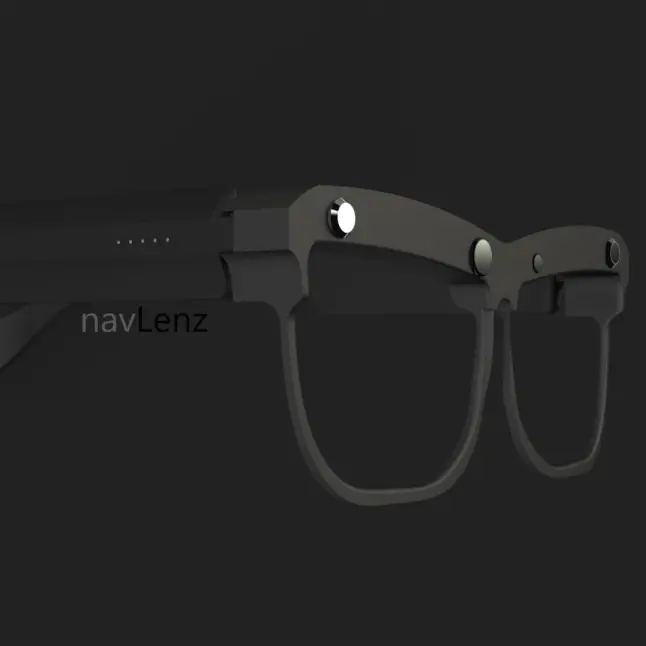NavLens, Sutherland Innovative Technology Solution, DifferenceMakers

“NavLens will help those who are visually impaired.”
“NavLens will help those who are visually impaired.”
Current aid for those who are visually impaired are effective, yet don’t provide accurate solutions when users are in unfamiliar environments. What NavLens set out to do is provide navigation in these unfamiliar areas as well as supplemental audio-visual cues to avoid obstacles. Daniel Giuliano, a junior in mechanical engineering, Christina Haugh, a senior in business administration, Jack Houle, a sophomore in electrical engineering, Asa Losurdo, a junior in electrical engineering, and Edwin Meriaux, a computer engineering major make up this team.
Using cameras which are hooked up to audio devices in their glasses, they will be able to send audio cues to those who are using their device to prevent them from colliding with obstacles before them. With depth mapping, they can more accurately measure the space between each person and objects ahead of them, giving them even more time to respond as well as more awareness in unknown environments. This team has been working with computer tested prototypes for over two years and won the $4,000 Sutherland Innovative Technology Solution prize (sponsored by Andrew Sutherland '94, Manning School of Business) from the 2021 DifferenceMaker Idea Challenge. With this funding they can continue their prototyping in hopes to patent their product as well as gain FDA approval once a final solution has been achieved.
